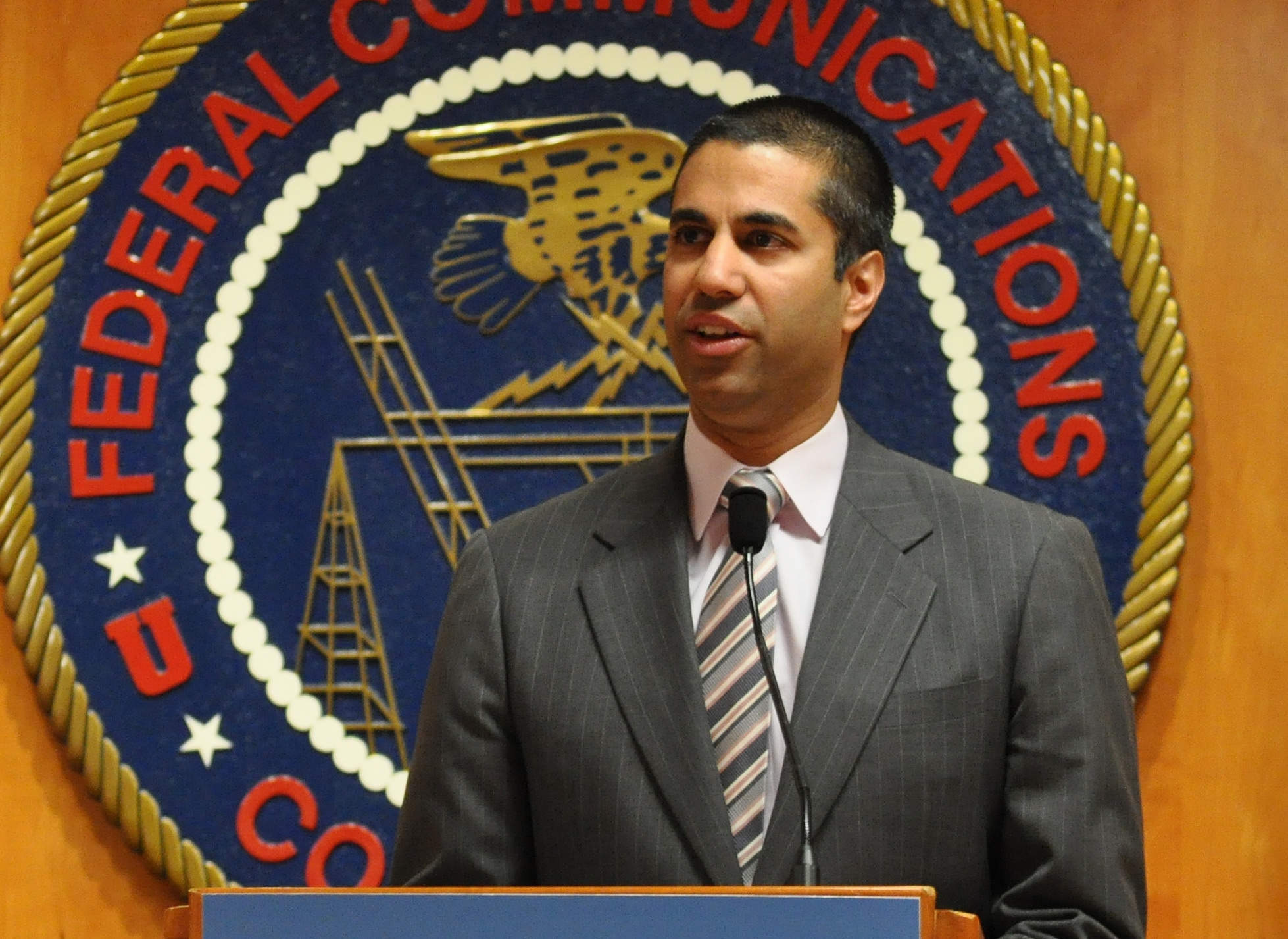US president Donald Trump has appointed Ajit Pai to head the Federal Communications Commission (FCC), and people are worried it means the death of net neutrality.
But that isn’t quite the reality.
Pai has indicated he’s in favour of an open internet, but against how the FCC voted in 2015 to regulate net neutrality by making broadband providers into common carriers.
For some, that means the demise of net neutrality.
Who is Ajit Pai and why are people worried?
Ajit Pai is a telecom law expert and commissioner under the Obama administration since 2013.
Net neutrality is the concept that broadband providers should not be allowed to block access; throttle traffic based on content, applications and services; or prioritise some internet traffic over others in exchange for payment.
How well do you really know your competitors?
Access the most comprehensive Company Profiles on the market, powered by GlobalData. Save hours of research. Gain competitive edge.

Thank you!
Your download email will arrive shortly
Not ready to buy yet? Download a free sample
We are confident about the unique quality of our Company Profiles. However, we want you to make the most beneficial decision for your business, so we offer a free sample that you can download by submitting the below form
By GlobalDataPai’s stance on net neutrality is a matter of interpretation.
Pai has clearly indicated that he is in favour of an open and free internet but opposes strict regulation of broadband providers.
For staunch net neutrality advocates, his opposition to strict regulation spells the dismantling of net neutrality altogether. In 2015, the FCC turned broadband internet service providers into Title II companies or public utilities.
This was known as the open internet order and it gave the FCC the power to regulate broadband providers the same way it oversees telecom providers.
To supporters, the open internet order gives the FCC firm footing to impose rules to keep broadband providers from blocking or slowing internet traffic or creating fast lanes.
Pai, along with other Republicans, has long argued that Title II classification would stifle innovation by requiring ISPs to comply with burdensome regulation.
At his first press conference as chairman, Pai indicated that no determination has been made regarding what approach the FCC will take on the open internet order, but the FCC has given exemptions to smaller operators from enhanced transparency requirements required by the open internet order.
And Pai has formed the Broadband Deployment Advisory Committee, which he says will look at ways to “remove barriers to network investment and accelerate broadband buildout”.
What is clear: Pai will continue to look at ways to remove what he calls unnecessary regulations and the open internet order is on that list of regulations.






